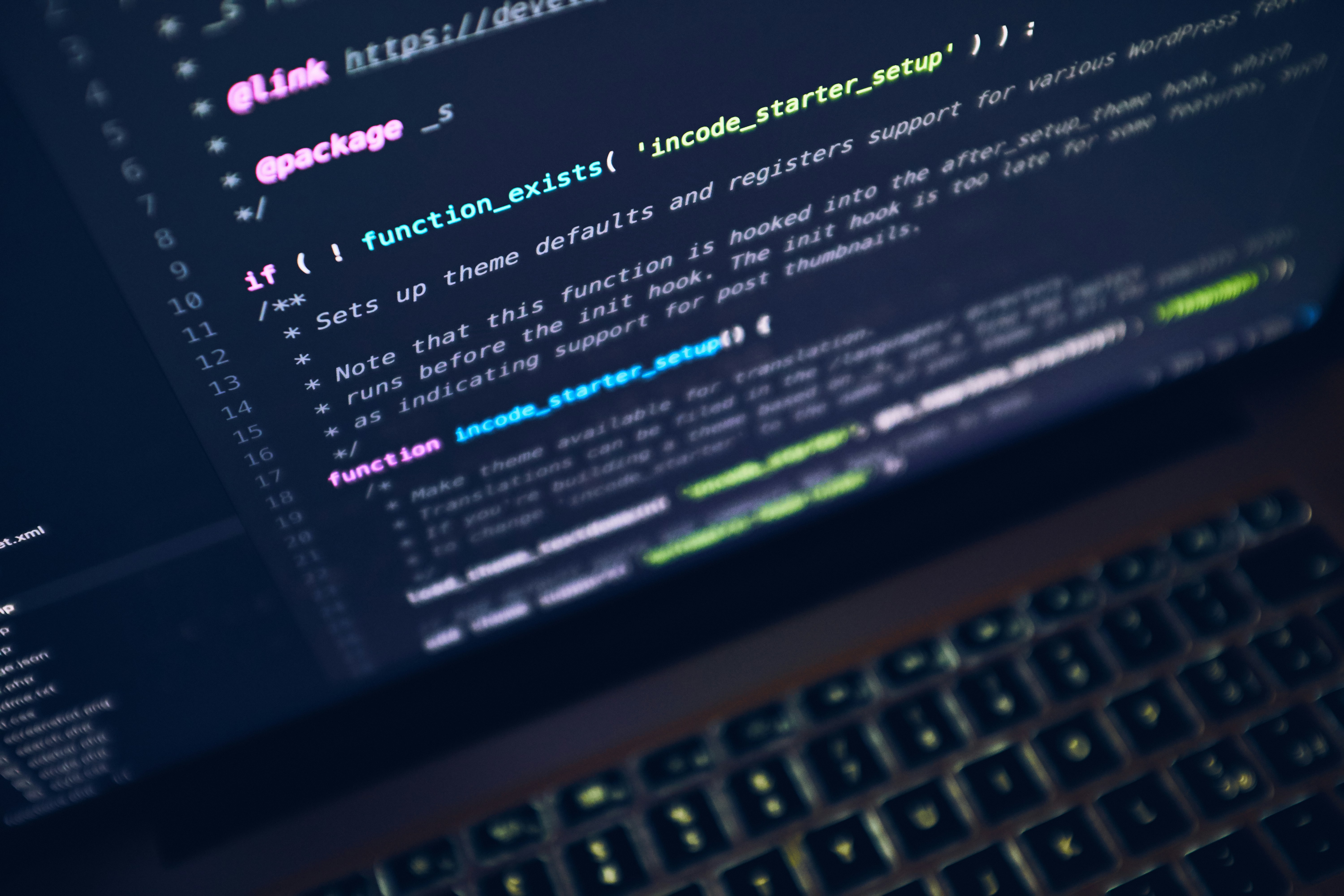How AI is Already Making a Difference in the World: The 2025 Impact Report
Last updated: June 20, 2025
Artificial Intelligence isn't just a futuristic concept anymore—it's actively transforming our world right now. As we navigate through 2025, AI technologies are delivering tangible benefits across healthcare, agriculture, education, and climate action. This comprehensive report examines the real-world impact AI is having today and why 2025 may be remembered as the year AI truly came of age.
Table of Contents
Healthcare Revolution: AI Saves Lives Daily {#healthcare-revolution}
Diagnostic Accuracy Reaches New Heights
Healthcare stands as one of AI's most impactful applications in 2025. AI-powered diagnostic tools are now helping doctors detect diseases earlier and more accurately than ever before. Medical imaging AI can spot fractures, identify early signs of cancer, and diagnose conditions that might otherwise be missed.
The transformation is particularly evident in patient triage systems. AI algorithms now help emergency departments prioritize cases, ensuring critical patients receive immediate attention while optimizing resource allocation. This isn't just theoretical—hospitals worldwide report measurable improvements in patient outcomes and reduced waiting times.
Administrative Burden Reduction
One of the most significant developments in healthcare AI for 2025 is the emergence of AI-powered documentation systems. These tools create "starter" notes in electronic health records, dramatically reducing the administrative burden on physicians and nurses. Healthcare professionals can now spend more time with patients instead of wrestling with paperwork.
Personalized Treatment Plans
AI is enabling truly personalized medicine by analyzing vast amounts of patient data to recommend tailored treatment plans. Machine learning algorithms consider genetic factors, medical history, lifestyle, and current symptoms to suggest optimal therapies, moving us away from the one-size-fits-all approach of traditional medicine.
The Numbers: Healthcare AI Growth in 2025
90% accuracy in AI-assisted radiology diagnoses
30% reduction in administrative tasks for healthcare workers
25% faster patient throughput in AI-enabled hospitals
40% improvement in early disease detection rates
Agricultural Transformation: Feeding the World Sustainably {#agricultural-transformation}
Precision Agriculture Becomes Mainstream
Agriculture is experiencing a digital renaissance in 2025, with AI-driven precision farming becoming the norm rather than the exception. Smart farming technologies now help farmers optimize every aspect of crop production, from planting to harvest.
AI-powered systems analyze soil conditions, weather patterns, and crop health in real-time, providing farmers with actionable insights that boost productivity while reducing environmental impact. Drone analytics and satellite imagery powered by machine learning algorithms enable farmers to monitor vast areas with unprecedented detail.
Water and Resource Conservation
The environmental benefits of AI in agriculture are particularly striking. Precision farming techniques powered by AI help farms reduce water usage by 20-40% while simultaneously decreasing fertilizer application. This dual benefit of increased efficiency and reduced environmental impact represents a crucial step toward sustainable food production.
Crop Disease Detection and Prevention
AI-driven crop disease detection systems can identify plant diseases days or weeks before they become visible to the human eye. This early warning capability allows farmers to take preventive action, potentially saving entire harvests and reducing the need for chemical interventions.
Global Food Security Impact
The United Nations University reports that AI has the potential to transform global food security and climate action simultaneously. By optimizing agricultural practices, AI helps farmers increase yields while reducing greenhouse gas emissions from farming operations.
Agricultural AI Market Growth
The agricultural AI market demonstrates explosive growth, with projections showing expansion from $1.7 billion in 2023 to $4.7 billion by 2028. This nearly three-fold increase reflects the rapid adoption of AI technologies across farming operations worldwide.
Climate Action: AI's Role in Environmental Solutions {#climate-action}
Carbon Footprint Optimization
AI is playing an increasingly important role in climate action initiatives throughout 2025. Smart systems optimize energy consumption in buildings, transportation networks, and industrial processes, leading to significant reductions in carbon emissions.
Machine learning algorithms analyze energy usage patterns and automatically adjust systems for maximum efficiency. Smart grid technologies powered by AI balance renewable energy sources with demand, reducing reliance on fossil fuels.
Environmental Monitoring and Prediction
AI-powered environmental monitoring systems track air quality, water pollution, and deforestation in real-time. These systems provide early warnings about environmental threats and help governments and organizations respond more quickly to ecological crises.
Climate prediction models enhanced by machine learning offer more accurate forecasts, enabling better preparation for extreme weather events and long-term climate planning.
Sustainable Supply Chain Management
Companies worldwide are using AI to optimize their supply chains for sustainability. Machine learning algorithms identify the most environmentally friendly shipping routes, reduce packaging waste, and minimize resource consumption throughout the production process.
Education Enhancement: Personalized Learning at Scale {#education-enhancement}
Adaptive Learning Systems
Educational AI systems in 2025 provide truly personalized learning experiences for students worldwide. These platforms adapt to individual learning styles, pace, and preferences, ensuring that every student receives instruction tailored to their needs.
AI tutoring systems offer 24/7 support, providing explanations and guidance whenever students need help. This democratization of educational support helps level the playing field for students who might not otherwise have access to premium educational resources.
Teacher Support and Efficiency
AI tools are transforming the teaching profession by automating administrative tasks like grading and lesson planning. Teachers can now focus more time on actual instruction and student interaction, improving the overall quality of education.
Language translation AI enables global educational collaboration, breaking down barriers between students and educational resources regardless of geographic or linguistic boundaries.
Skills Gap Identification
AI systems analyze job market trends and educational outcomes to identify skills gaps in real-time. This information helps educational institutions adapt their curricula to meet evolving industry needs, ensuring students graduate with relevant, marketable skills.
Economic Impact: The Numbers Behind AI Growth {#economic-impact}
Market Valuations and Investment
The global AI market continues its unprecedented growth trajectory in 2025. Investment in AI technologies spans every sector, with healthcare, agriculture, and climate technology receiving the largest funding increases.
Job Market Transformation
Rather than simply displacing jobs, AI is creating new categories of employment while augmenting existing roles. The collaboration between human expertise and machine precision is generating entirely new professional opportunities.
Productivity Gains
Organizations implementing AI solutions report significant productivity improvements across various functions. Administrative tasks that once required hours of manual work can now be completed in minutes, freeing up human resources for higher-value activities.
What's Next: AI Trends to Watch {#whats-next}
Multimodal AI Integration
The future of AI lies in systems that can process and understand multiple types of data simultaneously—text, images, audio, and sensor data. These multimodal AI systems will provide even more comprehensive and accurate insights.
Edge AI Deployment
As AI processing moves closer to data sources through edge computing, we'll see faster response times and reduced reliance on cloud connectivity. This trend will enable AI applications in remote areas and situations where internet connectivity is limited.
Regulatory Framework Development
Governments worldwide are developing comprehensive AI governance frameworks to ensure ethical deployment while fostering innovation. These regulations will shape how AI technologies are implemented across industries.
Democratization of AI Tools
AI tools are becoming more accessible to non-technical users, enabling small businesses and individuals to leverage AI capabilities that were previously available only to large corporations with significant technical resources.
Conclusion: AI's Transformative Impact is Here and Now
The evidence is clear: AI is already making a substantial difference in the world throughout 2025. From saving lives in hospitals to optimizing crop yields on farms, from reducing carbon emissions to personalizing education, AI technologies are delivering measurable benefits across every sector of society.
The transformation isn't coming—it's happening now. Organizations, governments, and individuals who embrace AI technologies responsibly and strategically will be best positioned to benefit from the continued evolution of these powerful tools.
As we progress through 2025 and beyond, the question isn't whether AI will change the world—it's how quickly we can harness its potential to solve our most pressing challenges while ensuring the benefits are distributed equitably across all of society.
The AI revolution is here, and its impact is already being felt around the globe. The future is being written today, one algorithm at a time.
For more insights on AI tools and tutorials, visit ToolTutorAI.com - your comprehensive resource for understanding and implementing AI technologies.
Related Articles You Might Enjoy:
"Getting Started with AI Tools: A Beginner's Guide"
"AI Ethics in 2025: Navigating the Challenges"
"The Future of Work: How AI is Reshaping Careers"
"AI Implementation Strategies for Small Businesses"
Sources and Further Reading:
World Economic Forum AI Healthcare Report 2025
BCG Digital & AI Healthcare Transformation Study
United Nations University Food Security and AI Analysis
World Bank Climate-Smart Agriculture Initiative
Keywords: AI impact 2025, artificial intelligence applications, AI healthcare, AI agriculture, AI climate change, AI education, machine learning benefits, AI transformation, AI tools, AI technology trends
















